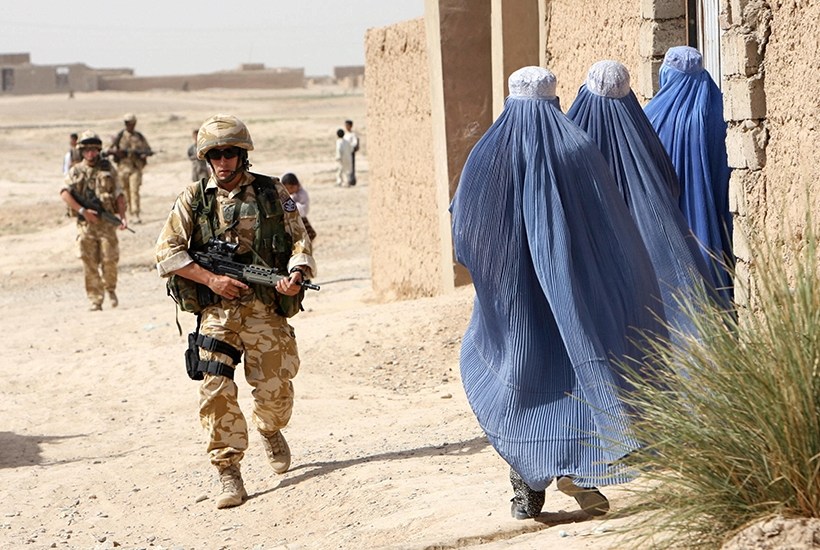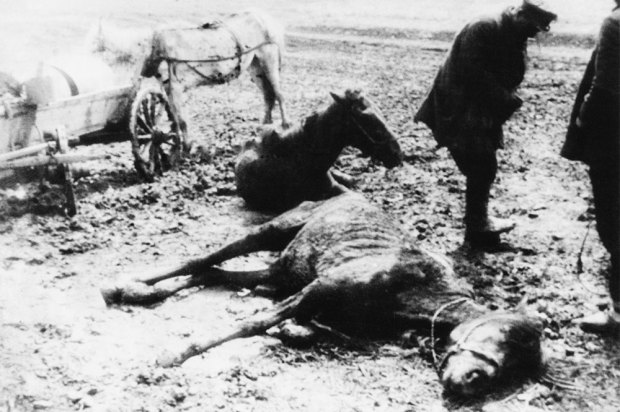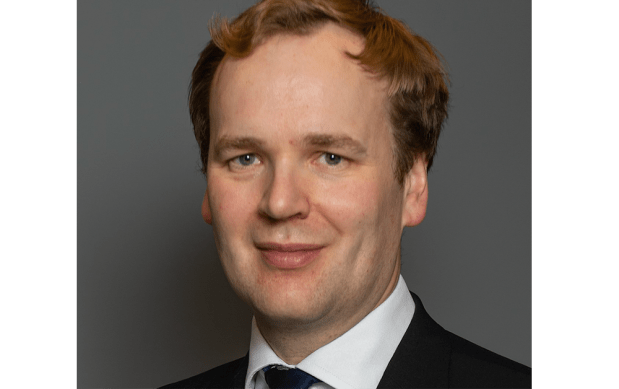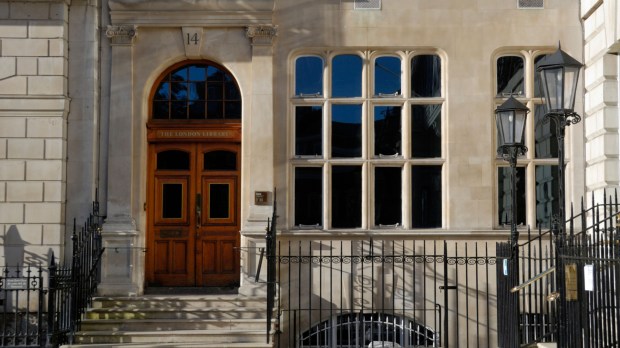This week, the media pressure was on the British government to extend the deadline for the evacuations from Kabul airport. The government had no power to do this unilaterally: it duly asked the United States, and was duly turned down. The issue was almost beside the point. It is doubtful, given the burning desire of so many to leave the country, whether a few more days of rescue flights would have done much to shorten the suffering queue of hopefuls. Each day is dangerous, so more days are more dangerous. Preoccupation with extension deflected attention from the key point, which is that all evacuation planning assumed that Kabul and its airport would be controlled by the (now former) Afghan government, thereby ensuring an orderly exit. President Biden announced his end-date under that assumption, so he was trapped when the Taliban suddenly won. He remains so. The military question is: how do you collapse the perimeter without incurring casualties (military or civilian)? The political one is that power rests with the Taliban. If it assists the evacuation, and then kills those who remain, Nato will be seen to have encompassed those deaths. If it opposes it, there will be a terrible battle at the airport. That is why you suddenly hear western experts gabbling about the moderation of the Taliban and pretending they must be supported to ward off the danger of IS.
I often criticise the BBC for being anti-British, but in its reporting of the Afghan situation it is guilty of exaggerating the British role. In the story of modern Afghanistan, not only the United States, but also Pakistan, China, Russia and Iran matter more than we do. Except in the case of America, we learn little about these nations’ roles. Time for some ‘decolonisation’?
Cambridge University is currently reviewing its overall approach to China, hoping to announce something coherent in the autumn. In terms of contact with the Chinese Communist party and attracting money from the People’s Republic which can then be used in Cambridge to puff the regime, the most important don is Professor Peter Nolan, director of the China Centre at Jesus College. Professor Nolan is elusive. So far as I know, he has given no interviews about his role. Certainly, he has never answered my polite requests to talk. Given that his China Centre has not been able to do much during Covid, I was beginning to worry that he might be winding down. So it was a relief to read a tweet last week from Zheng Zeguang, China’s ambassador in London, accompanied by a picture of the two of them plus officials: ‘It was a great pleasure to meet with Professor Peter Nolan, director of the China Centre at Jesus College, Cambridge. We had a very good conversation on some prominent international issues.’ I hope they were planning a series of talks at the China Centre — on matters such as the treatment of the Uighurs, the repression of Hong Kong and the possibility of a Covid lab leak in Wuhan, which have so far failed to feature in the centre’s curriculum.
Because of a television documentary I may be helping make in the United States, I must fill in Covid-related forms for entry. A CV is one of the demands. I realise with a slight shock that I have never, in a formal sense, had to provide such a thing since the one I offered when applying for my first job in 1979. I also recall, in my third year at university, learning for the first time what the initials ‘CV’ meant. This is a small reminder of how, in certain respects, life was so much more relaxed then. The 1970s were a bad time for employment, the range of careers graduates were expected to follow was far narrower than it is today and the pay was lousy; but, in what was still the age of the typewriter, there was much less sense of an oppressive, non-human bureaucracy in all walks of life whose maw must constantly be fed. We lived more for the moment, which made that moment sweeter.
Gaia Servadio died recently. The Times obituary headline described her as ‘Boris Johnson’s (first) disapproving mother-in-law’. Ha ha. The fact that she was such is of some interest and has its place in her story, but if I had been one of her friends or family, I would have felt a little hurt. Gaia was an interesting writer, journalist and presenter, an early chronicler of the Mafia, an enthusiastic voice for the dubious cause of ‘Euro-communism’ (a ‘moderate’ ‘democratic’ version of the disease, strong in Italy in the 1970s), as well as being a famous beauty and bohemian hostess. She deserves an obituary in her own right rather than making her the leader of the chorus of Boris-disapprovers (though disapprove she did). In a way, obituaries are the most serious thing in a newspaper, because they provide the basis for most future records of the dead. They are history, so they need to try particularly hard to be fair. The Times often carries very good obituaries, but its determination to catch the eye with its headlines and lurid first paragraphs is unfair to its victims.
By great good fortune, our Anglican parish, in which my wife is a churchwarden, has recently secured the services of a brilliant young organist, Jack Gonzalez Harding. Although only in his early twenties, Jack is already making his name as a harpsichordist as well. He is a great organiser and one of those people whose enthusiasm is infectious. There is widespread sadness about parish decline nationally, exacerbated by the hierarchy’s dismally passive reaction to lockdown. This has galvanised those who value parish life to set up a campaigning group, Save the Parish. The absence of organists is a symptom of the decline. If there is to be any revival, they will matter. Even their modest pay will be a stretch for many rural parishes, but if it is seen as an investment, it makes sense. A parish that cannot make its own music will tend to be a parish without a song in its heart or a means of bringing new people in. A parish with good music is unlikely to die.
Got something to add? Join the discussion and comment below.
Get 10 issues for just $10
Subscribe to The Spectator Australia today for the next 10 magazine issues, plus full online access, for just $10.
You might disagree with half of it, but you’ll enjoy reading all of it. Try your first month for free, then just $2 a week for the remainder of your first year.















Comments
Don't miss out
Join the conversation with other Spectator Australia readers. Subscribe to leave a comment.
SUBSCRIBEAlready a subscriber? Log in